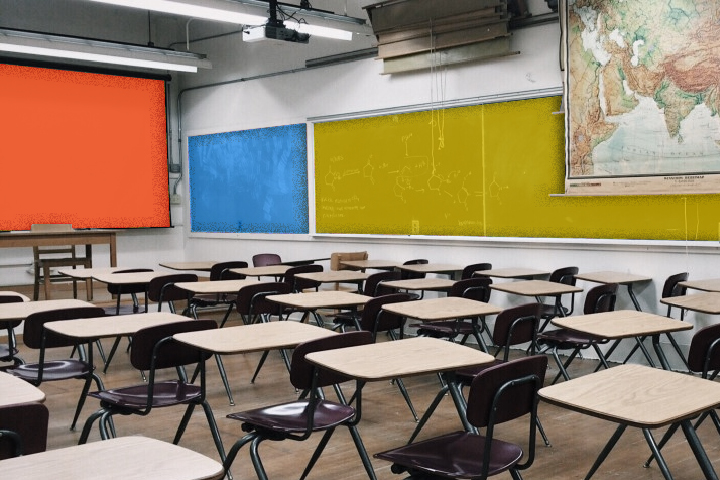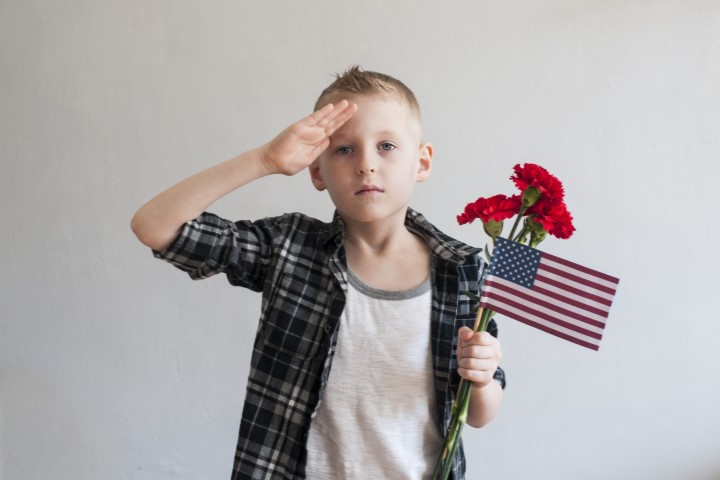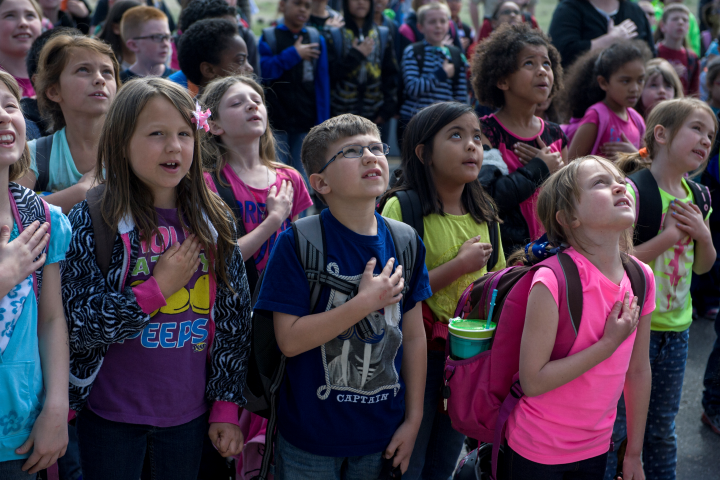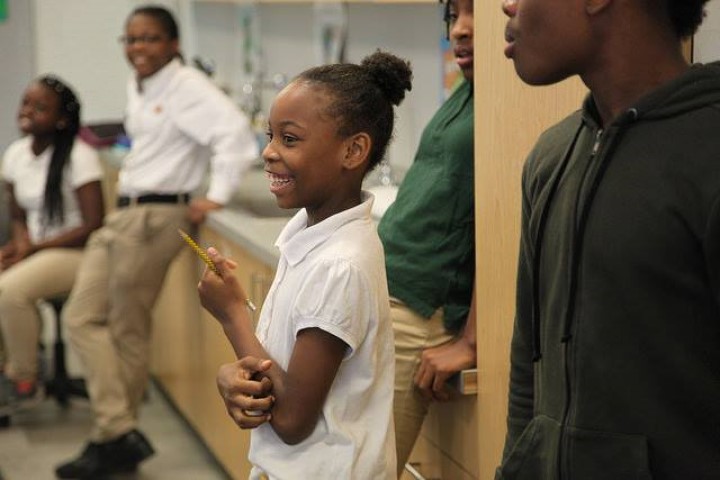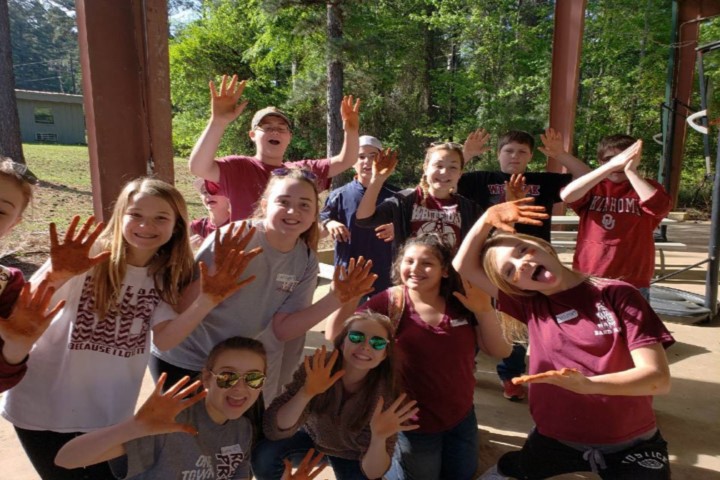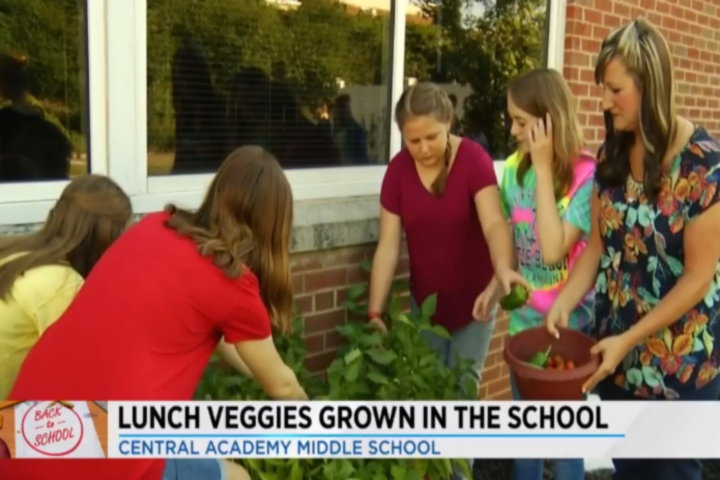School “success coach” Scott Snyder is working to improve school attendance among students at Cascades Elementary School in Jackson, Michigan, reports media website MLive.
“We try to provide anything (parents) need to get their children to school,” he told MLive, as he played rock-paper-scissors with students streaming into the building on a recent morning. “We greet the kids every morning enthusiastically.”
Snyder is among numerous success coaches deployed to schools across Michigan by the state’s Department of Health and Human Services. A key goal is to reduce student absenteeism.
According to MLive, the Pathways to Potential Program started in the Detroit, Flint, Pontiac, and Saginaw school districts in the 2012–13 school year and has since spread to other schools in the state.
Success coaches focus on removing barriers that keep kids from school, through everything from securing clothes and personal items to connecting parents with resources in the community. A Pathways statement notes that “students who don’t have these basic needs met often do not go to school.”
The program helped cut chronic absenteeism in Jackson County schools by 20 percent during the 2016–17 school year. Just six Michigan counties met that target, MLive reports.
MDHHS spokesman Bob Wheaton told MLive that Pathways is unique in that it doesn’t require participants to come to a government building to receive assistance, and said student attendance is one of five issues the program works to address, the others being education, health, safety, and self-sufficiency.
* * *
Perhaps the most critical element of this effort is the connection between the success coach, the school’s officials, the parents, and the community in helping the child succeed. Daily school attendance requires—and develops—responsibility, dependability, and grit. These qualities are moral in nature, and while they ultimately reside in each individual student and become each student’s concern, they are more likely to flourish when they are visibly supported and reinforced by the actions and the words of the various adults in the students’ lives. As James Davison Hunter put it in his monograph The Tragedy of Moral Education in America:
Moral education can work where the community, and schools and other institutions within it, share a moral culture that is integrated and mutually reinforcing; where the social networks of adult authority are strong, unified, and consistent in articulating moral ideas and their attending virtues; and where adults maintain a “careful watchfulness” over all aspects of a young person’s maturation.
The habit of attending school regularly is an area where a student’s virtue—in this case, self-discipline—is directly and clearly connected to their academic achievement. The website Understood.org has discussed the impact chronic absenteeism can have on a child’s academic progress, particularly with young students (like those at Cascades Elementary School). “Missing school in the early grades can have a snowball effect,” notes writer Kate Kelly on the website. “It sets kids up to fall behind in the fundamental reading skills they need in order to move on to more complicated work.”
Parents are key to this process. Kelly observes that
Many parents may not realize how often their child is absent from school. A missed day here and here may not seem significent compared to missing several days in a row. But missing just two days per month can add up to a child being considered chronically absent.
This, she adds, can have direct academic impact:
Chronic absences keep kids from getting the consistent instruction they need to build on basic skills. For kids with learning and attention issues, there’s something else to consider: Frequent absences not only mean less instruction, but also missed opportunities for intervention, re-teaching and enrichment.
